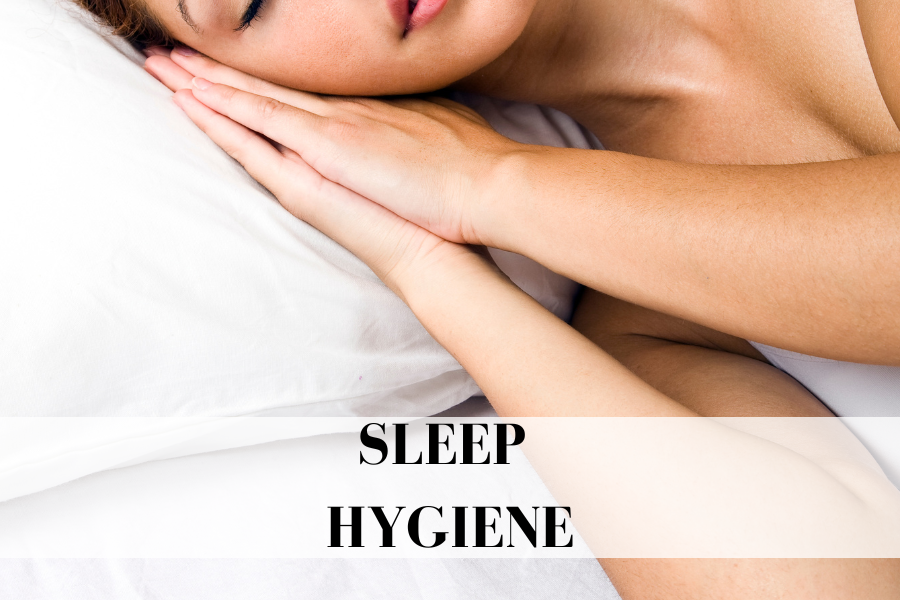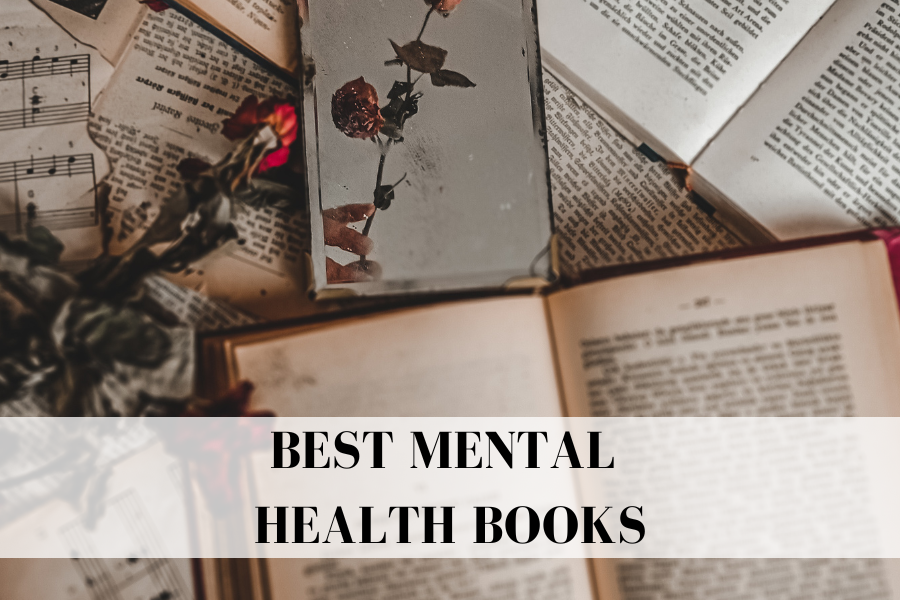
8 Essential Sleep Hygiene Tips To Improve Your Quality of Sleep
Maintaining good sleep hygiene is essential if you want to get a restful night’s sleep. Adopting healthy habits like keeping a consistent sleep schedule, avoiding caffeine late in the day, and creating a relaxing bedtime routine can help ensure that you get the quality of sleep your body needs.
In this blog post, you will get my favourite tips to improve your sleep quality, so let’s just jump right into it!
*This post may contain affiliate links, which means I may receive a small commission, at no cost to you, if you make a purchase through a link!*
What is sleep hygiene and why is it so important?
Sleep hygiene can be defined as healthy habits that promote restful sleep and help individuals feel alert in the daytime. Poor sleep hygiene can lead to fatigue, poor concentration, irritability, and depression which can negatively affect overall physical and mental health. Good sleep hygiene helps to improve alertness, memory, productivity and mood while reducing stress levels. Thus, taking steps to ensure proper sleep hygiene is essential for optimal well-being.
1. Create a Routine and Stick to It
Creating and maintaining a consistent sleep schedule is an essential part of sleep hygiene. Going to bed and waking up at the same time every day helps to establish a regular rhythm for your body, so it knows when it’s time to fall asleep and when it’s time to wake up. Additionally, keeping regular hours helps your body produce melatonin, which plays an important role in facilitating sleep.
2. Avoid Caffeine in the Evening
Caffeine is a stimulant that can remain in your body for up to eight hours, meaning that drinking coffee or other caffeinated beverages after 3:00 PM should be avoided in order to prevent it from interfering with sleep. When choosing drinks later in the day, opt for herbal teas or decaf options instead. Additionally, certain foods such as chocolate and kale contain small amounts of caffeine, so be mindful of how much you consume late in the day.

3. Eat Regularly
Eating meals at consistent times of day helps your body to regulate its natural rhythms. Having a regular eating schedule will help your body know when it’s time for sleep, improving the quality of your sleep. Avoid eating heavy meals in the evening, as it can cause indigestion and make it difficult for your body to relax enough to fall asleep. It’s also important to avoid going to bed hungry, as a growling stomach can keep you from getting restful sleep.
4. Exercise During the Daytime and Early Evening Hours
Exercise can help to reduce stress, ease muscle tension, and aid in restful sleep. Regular physical activity also helps to regulate your circadian rhythm and sets the stage for an optimal sleep schedule. Aim to get at least 20 minutes of exercise every day, preferably during daytime or early evening hours. Avoid vigorous exercise close to bedtime as it can make it difficult to fall asleep or stay asleep.
5. Keep the Bedroom Dark, Cool, and Quiet
It’s important to create an environment that’s conducive to sleep. The bedroom should be as dark and quiet as possible. Light stimulates the brain and can trick it into thinking it’s time to wake up, making it difficult to fall asleep or stay asleep. To keep the bedroom dark, you may consider using blackout curtains or an eye mask. Additionally, a cooler temperature promotes better sleep. Aim for 60-67 degrees, with light layers of clothing or extra blankets if needed. White noise such as running fans may help to drown out external sounds and promote undisturbed sleep.
6. Avoid Use of Devices Before Bedtime
Research shows that staring at a screen before bedtime can disrupt your circadian rhythm and make it difficult to fall asleep, as well as reduce the quality of your sleep. To improve your sleep hygiene, turn off all screens at least an hour before bedtime. If it’s hard for you to part with tech, try a blue light filter or using dim red lighting in place of bright whites.
7. Reduce Stress Through Relaxation Exercises and Self-Care
Stress is one of the biggest sleep disruptors, so it’s important to practice self-care and relaxation exercises before bed. Find what works best for you—it could be taking a warm bath, reading, doing light stretching, or simply deep breathing. By reducing your stress levels before getting under the covers, you can create a more calming environment that makes it easier to fall asleep.
BLOG POST YOU MIGHT LIKE: 10 Best Calming Books to Read before Sleep – Luciepo
8. Put your phone on silent or buy a powered charging station to keep it away from your bedside altogether
The blue light your phone emits can actually interfere with your natural sleep cycle and make it difficult to fall asleep. If you must keep it near, turn the sound off and put it on silent, or better yet, purchase a powered charging station that will keep your phone away from the bedside completely. Also remember to limit the time you spend scrolling through social media before bed as this can exacerbate anxiety and affect the quality of sleep.

This blog post was all about the best essential sleep hygiene tips for better sleep quality
Good sleep hygiene is essential to leading a healthy, productive life. It involves establishing and sticking to a consistent sleep schedule and creating a comfortable sleep environment with things like a good mattress and sheets, the right temperature, and low levels of sound or light. By properly taking care of your sleep hygiene every day, you can get the restful night of sleep your body needs in order to stay alert, efficient and productive throughout your day. So make sure to get the restful sleep you deserve every night with the perfect sleep hygiene routine — it’s the key to leading a healthier, more productive lifestyle.
Like it? Pin it!













